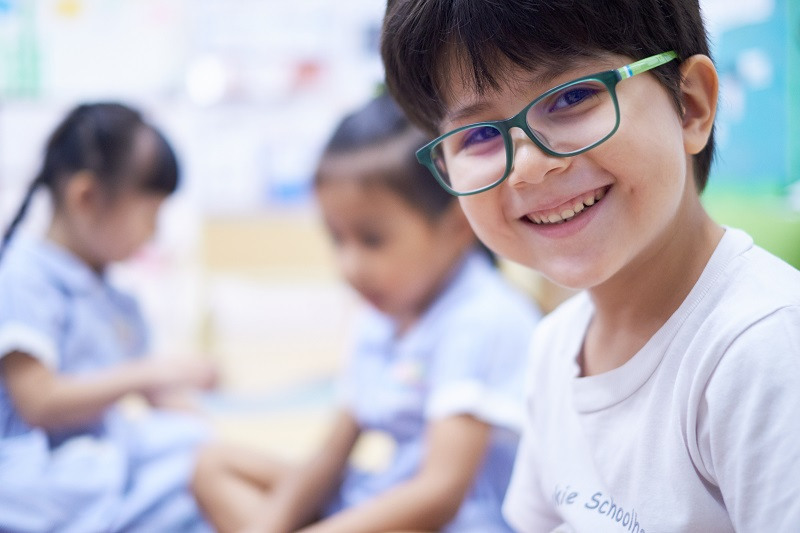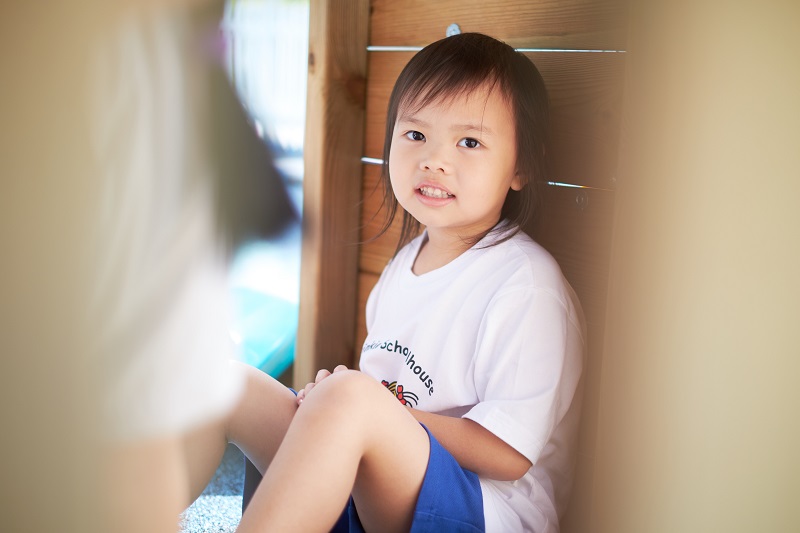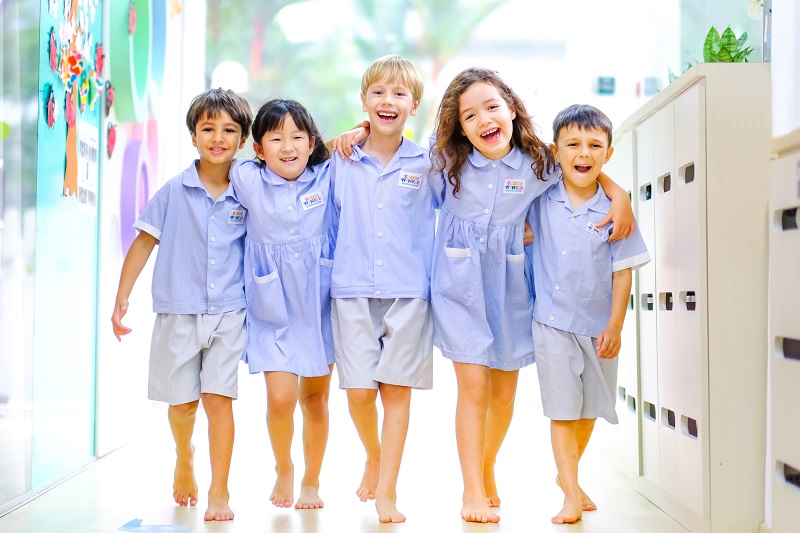
It is not easy for introverted children in a world where society expects children to be outgoing, gregarious and friendly. Do you know if your own child is an extrovert or an introvert?
What is the difference between an introvert and an extrovert?
Extroverts are usually easy to identify. They get their energy from being around other people.
An extroverted child:
• May have a wide pool of friends
• Is easy for most people to talk to
• Often strikes up fast friendships at playgrounds with other children
• Is excited about meeting new people or trying new things
• Is usually quick to express their thoughts and feelings
• Feels comfortable in large groups.
Introverts, on the other hand, may become exhausted from too much social interaction. Being around other people for too long can drain them.
An introverted child:
• May require quiet time on their own to recharge, especially after a long day at school, a trip to a noisy mall, or a hectic birthday party
• Is more likely to have small groups of close friends
• Is reluctant or hesitant to meet new people or try new things
• Needs time to think about their feelings
• May find it difficult to explain how they think and feel
• Is more comfortable being alone or in pairs.

Concerns about parenting introverted children in the early years
Introverted children normally display these tendencies from toddlerhood, even though of course they may change over time. It may be difficult for parents (especially extroverted parents) to understand when their child holds back from making new friends, prefers to play solo at playgrounds, or has meltdowns in large social situations.
It helps parents to remember that each of us is wired differently. Your introverted child is not deliberately trying to be difficult. In fact, they are likely having a difficult time as their social and emotional boundaries are crossed. Children’s temperaments (and adults!) are innate.
How can parents help their introverted children?
By being mindful of your introverted child’s needs, you will contribute to their mental and emotional well-being, especially in the early years. Introverted children are more prone to anxiety, which can build up when parents do not understand their needs.
Talk through their feelings and emotions
As mentioned earlier, it is often tricky for introverts to open up and talk about their feelings. They tend to withdraw into their shells and avoid opening up. Rather than forcing your child to talk, set a good example for them by talking about your thoughts and feelings – “I wasn’t sure if I would like that dish, but I tried it anyway, and I’m proud of myself for doing it, even though I didn’t like it.”
Listen to your child, and ask gentle questions to draw them out. Remember that your questions do not have to be answered right away. It is enough to plant the seed and allow them to think about the answers in their own time.
Respect the need for alone time
Introverted children need quiet time to refuel and recharge. When it comes to large social gatherings, such as with extended family or at birthday parties, try to get there early before the crowd does.
Introverts are easily overwhelmed or anxious in noisy social events, and it can help to get there before everyone else. Otherwise, allow your child to stay back from the action for a little while, allowing them to observe and ease their way in.
Don’t label your introverted child as ‘shy’
Many parents will automatically tell others that their child is ‘shy’ to explain why they take longer to open up, or are not as forthcoming. However, the word ‘shy’ has a negative connotation, and also gives your child the impression that their feelings are a fixed character trait instead of a feeling that they can learn to manage.
Instead, you can say “she needs some time to warm up”, or “he will join in when he feels ready”, which helps your child understand that they can move forward at their own pace, and that there are steps they can take to help themselves adjust.
Offer your child alternatives
An introverted child may find it harrowing to have to meet and greet new people, and parents may be upset when their child hides in their clothes, or refuses to say hello – especially when these actions may be perceived as being disrespectful or impolite.
However, remember that many adults may recognise our children, having seen them when they were younger, or through social media. On the other hand, to our children, a complete stranger is asking for a hug, or may be inadvertently invading their personal space with their effusive greetings.
Talk with your child beforehand and agree on alternatives. For example, tell them that they do not need to hug anyone, but that they can wave at the person instead. It helps to reinforce this in front of guests by telling your child out loud: “You don’t have to hug or shake hands, but can you wave and say hello?”

Celebrate your child’s temperament
Introversion is completely normal, with up to 30 per cent of people being naturally introverted. At Kiddiwinkie Schoolhouse, we care for your children’s emotional well-being, believing that it is pivotal to build their self-confidence and resilience to prepare them for the bigger world out there.
Find out more about our curriculum at Kiddiwinkie Schoolhouse, and book a tour at your preferred centre to see how we guide our children to learn to find focus, calm down, and practise patience with themselves and others.
Follow us on social media to stay updated on our latest updates and happenings:





